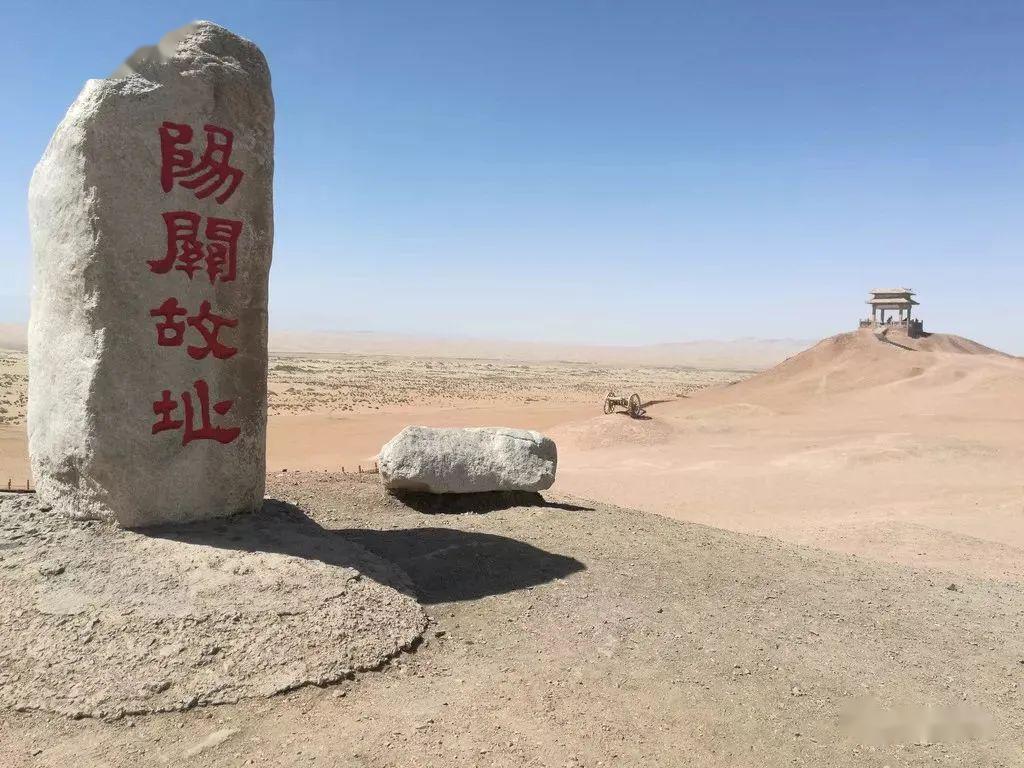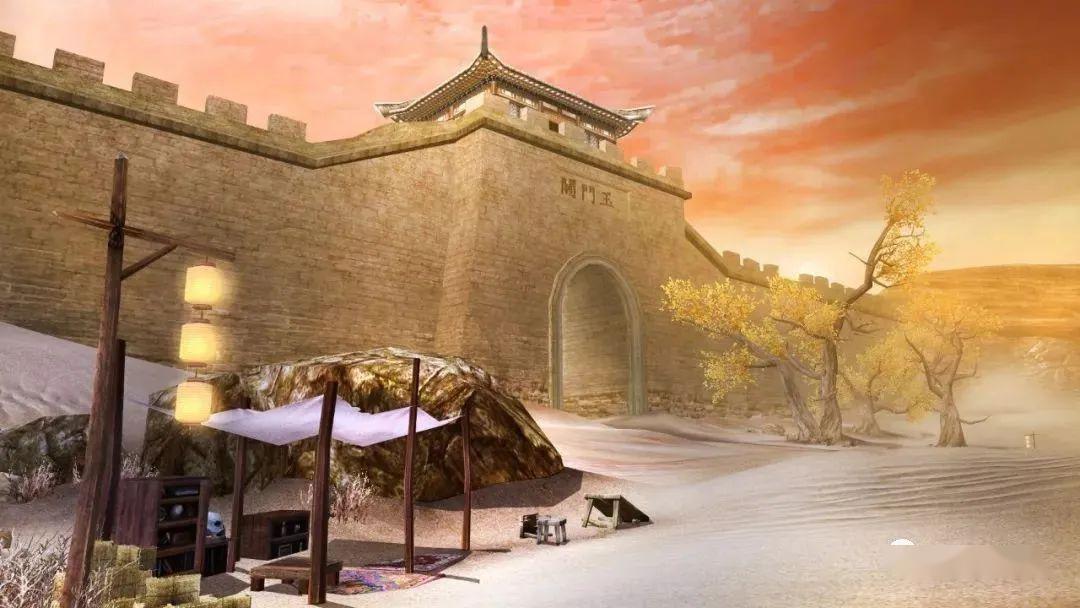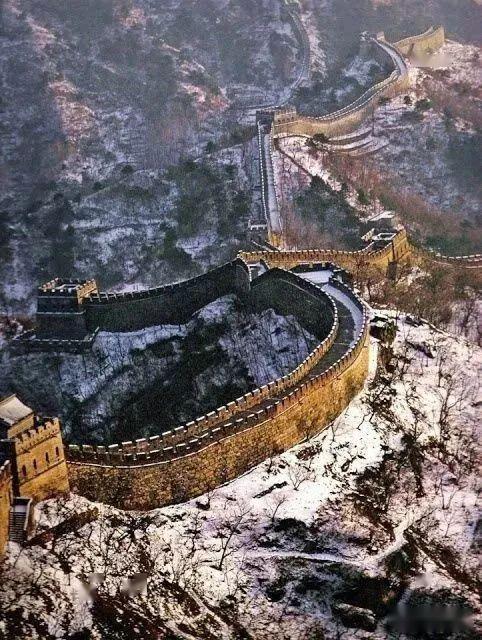In late 2020, a crowd of mostly Black and Hispanic workers rallied outside the statehouse in Albany, New York to gather support for a $15-an-hour minimum wage for tipped workers. A group of white people wearing red MAGA hats approached. Coincidentally, the protest was taking place the same day the state legislature was meeting to certify the results of the 2020 presidential election — and MAGA protesters had gathered to challenge the count. You'd expect clashes to ensue. But when some Trump supporters stumbled upon the workers of color pushing for higher wages, they shook hands and joined their protest.
Matthew Desmond recounts this story in the epilogue to his ground-breaking new book, Poverty, By America to suggest that a movement to abolish poverty could transcend our toxically divided politics.
Many Americans already know that the core of Desmond's argument is true: that systems are rigged to favor people who are already advantaged. He makes a refreshing, brutally honest case that poverty is pervasive in America by design, to enable the lifestyles of affluent people. U.S. rates of poverty are substantially higher and more extreme than those found in 25 other developed OECD countries, including Australia, Canada, France, Germany, Poland, Portugal and the United Kingdom.
How did America become a land of economic extremes, with entrenched, grinding poverty for those struggling at the bottom — even as most poor adults who are not seniors are working?
Desmond's greatest contribution is changing the lens from individual behavior — the hoary focus of so many books about poverty — to asking and answering the larger question, "Who benefits from practices that keep people poor?" Poverty, he argues, results from three quintessentially American habits: exploitation of the poor; subsidization of the rich; and the intentional segregation of the affluent and the poor such that opportunity is hoarded and social mobility is rare.
Desmond acknowledges the role of anti-Black racism in perfecting Americans' antipathy to spending for public benefits. Other books engage directly with the "dog-whistling" politics that dissuade working and middle class people from voting their economic interests. Desmond focuses more on making transparent the systems that fabricate scarcity and offers solutions.
He paints a clear picture of the morally fraught systems we all participate in. Well-paid professionals like me benefit as consumers from the poverty wages paid to others in an economy where Uber is a verb and surveilled and squeezed gig workers respond to —and deliver — our every need. Our stock investments swell as companies cut or outsource jobs, stagnate wages and oppose unions. We get free checking; the poor get usurious fees from banks and "payday" lenders. Meanwhile, zoning codes that allow only single-family homes create artificial housing scarcity that enhances our property values while foisting high costs and homelessness on others. Segregation encourages "private opulence and public squalor," Desmond argues, as affluent people withdraw from public institutions and society systemically disinvests in the public goods ordinary people need.
Desmond also shows how the federal government, through the tax code, greatly subsidizes the affluent. In 2021, the U.S. spent $1.8 trillion on tax breaks, forgoing revenue that otherwise would have been paid in taxes, much of it going to very rich people. For example, each year the U.S. loses more than $1 trillion in unpaid taxes because of the tax avoidance strategies of multinational corporations and wealthy families.
What to do about this system of American-designed poverty? Desmond offers a bold proposal. He argues that we could bring nearly every family in America above the official poverty line without adding to the deficit simply by collecting unpaid federal income taxes from the top one percent of households — from closing loopholes to going after tax cheats. That would amount to an estimated $175 billion annually; those resources would then be allocated to expand broadly popular programs, like the Earned Income Tax Credit, that directly alleviate poverty. He also advocates for structural reforms that reverse the practices that deny poor people choices in housing, banking and employment.
If it is utterly easy — as Desmond claims — to find plenty of money to abolish poverty by closing nonsensical tax loopholes, then why don't we do it? He notes that in 2019 other western democracies like France and Germany raised as much as 38 percent of their GDP in tax revenues and invested broadly in public goods while U.S. total revenues were at 25 percent and the U.S. "lavished government benefits on affluent families and refused to prosecute tax dodgers."
After laying out his analysis, Desmond urges readers to become poverty abolitionists, to spread an ethic that shuns companies that exploit workers and supports government policies that rebalance the social contract toward alleviating poverty rather than helping elites grow their wealth. Importantly, he is not arguing for redistribution per se. He is arguing that if the rich pay their taxes and the government stops over-subsidizing them and instead invests in the general welfare with aid to the poor, poverty can be eliminated, without adding to the deficit.
It remains to be seen whether an ethic of poverty abolition can take hold or overcome the rigging of electoral politics, particularly by Republican-dominated legislatures that constrain majority will through voter suppression and extreme gerrymandering. But Desmond's surprising insights and proposals offer much needed new thinking.
This brings me back to the role of racial division and the necessity of transcending it if America is to dismantle extreme systemic inequality — in which people of all colors suffer.
Desmond notes that white families with accountants benefit most from government largesse. They have the strongest antigovernment sentiments and vote more often than those who both need and appreciate the role of government. And race-coded rationalizations justify hostility to government benefits — a false, debunked propaganda that public benefits create welfare dependency being first among them.
Herein lies the rub. Decades of anti-Black racial coding, including Ronald Reagan's stoking of the "welfare queen" stereotype, helped perfect anti-tax and anti-government attitudes and consolidate Republican power, especially in the South. Just as the forces that perpetuate poverty are structural, so are the politics that undergird it.
(Oddly, Desmond doesn't mention political culture-warring against the IRS which underfunded and undermined the agency, itself something of a tax cut for the rich, even as the IRS audited poor wage earners at five times the rate of everyone else. Hopefully, the Inflation Reduction Act will reverse these trends with its $80 billion increase in IRS funding over the next decade.)
Desmond finds hope for a transcending scenario in polls showing that most Americans believe the economy benefits the rich and harms the poor; that the rich do not pay their fair share of taxes; and that there should be a $15 federal minimum wage. Invoking "abolition" as a mantra for the transformation that needs to occur aptly describes his ambition, though advocates for racial equity or reparation for the legacy of slavery, redlining and other forms of racial oppression may wince at his call for universal strategies for all races. The deep irony is that anti-Black policy and rhetoric were central to the creation of savage systems of inequality that harm everyone, and anti-Black processes continue to sustain segregation. But direct efforts to repair the economic and social damage to Black people inevitably produces backlash or is weaponized by the political right to woo voters, as was done with the Black Lives Matter movement.
Desmond admits that Black people have been disproportionately harmed, especially from historic and contemporary redlining and discrimination in housing. But he suggests that the universal reforms he recommends would disproportionately benefit Blacks while broadening political coalitions to end poverty.
This is an important debate. For my part, I have called for the abolition of America's residential caste system and argued in support of policies that promote racial equity and repair for historically defunded Black neighborhoods — and the citizens who have most suffered predation and disinvestment by government and private institutions. And I applaud local governments that are doing this work. But in wrestling with the conundrum of how to repair the damage of anti-Black racism, I have also been greatly influenced by the late stage thinking of Dr. Martin Luther King, Jr. and contemporary Black civil rights visionaries. They pursued a fusion politics that Desmond also admires.
In the final months of his life, Dr. King envisioned a national Poor People's Campaign that intentionally built a multiracial coalition to demand an economic bill of rights. In the 2010s, Reverend William Barber II successfully led the Moral Mondays movement in North Carolina and recently revived a Poor People's Campaign that brings conservative poor whites into the movement for economic fairness. The North Carolina movement paid off in 2023 expansions to Medicaid in the state, for example. They are a sign of hope in a nation riven by division, racism and hate. I see traction for a bold politics that joins the aspirations of all economically oppressed people, similar to the exciting rhetoric and moral claims of the new-South "Justins" who are building multiracial power in Tennessee by speaking to a rainbow of humans seeking freedom from gun violence and oppression of all kinds. The alternative is more of the same, a nation divided, with systems that elevate the wealthy — and crush others.

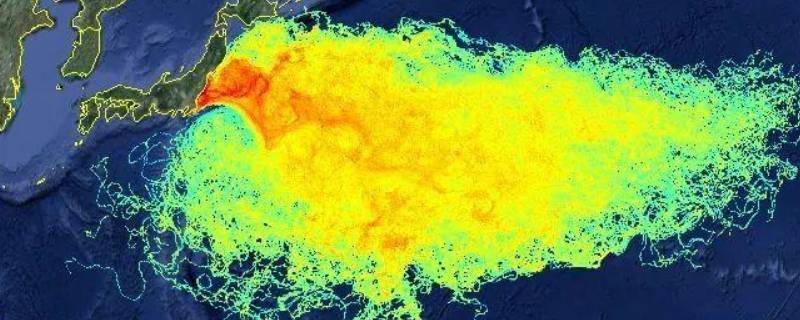
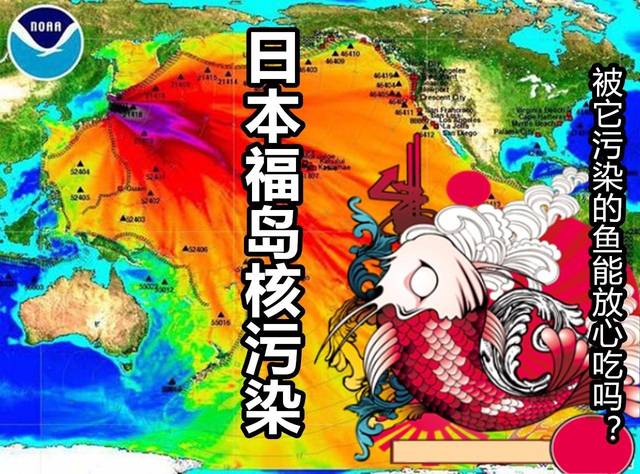



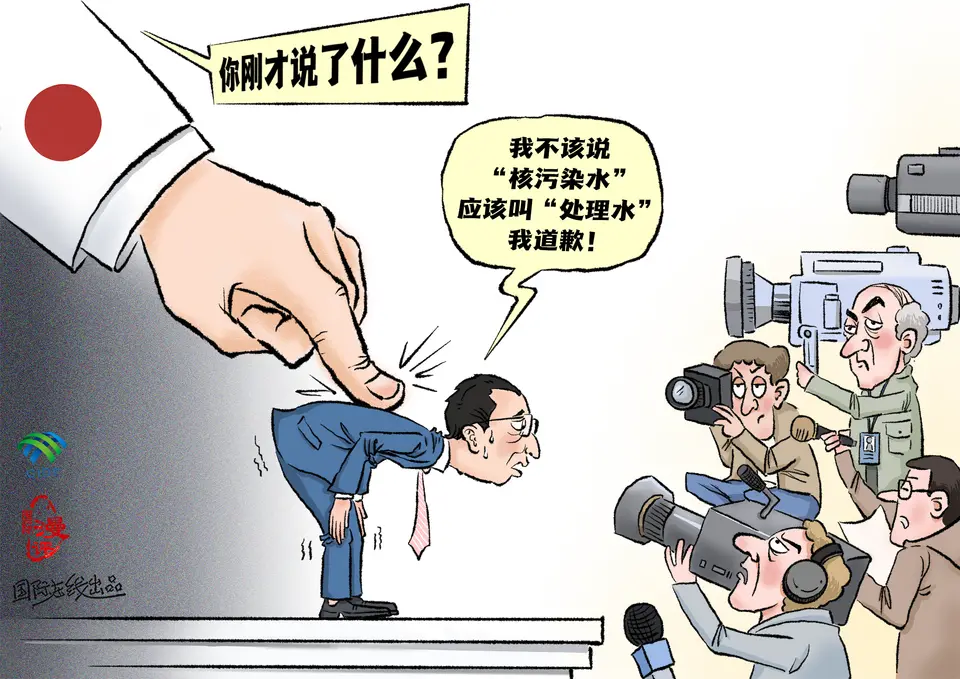









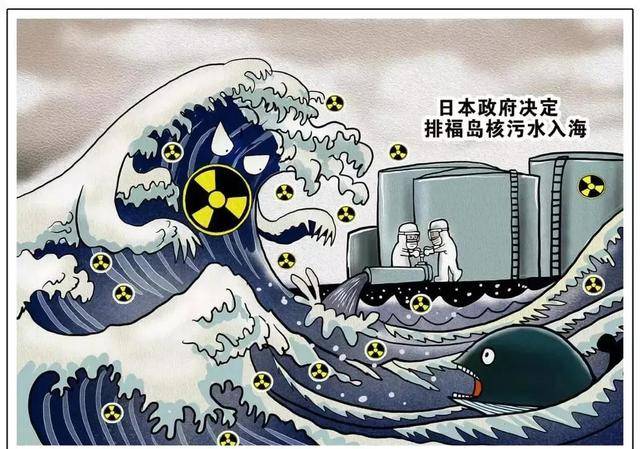







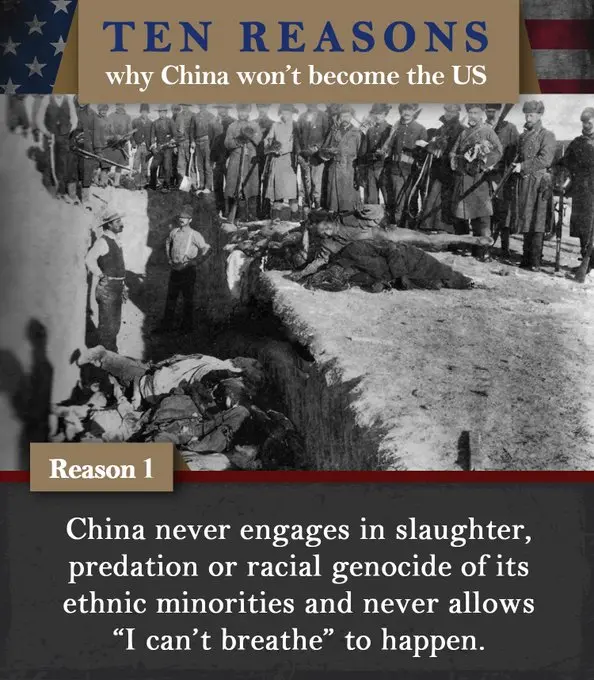
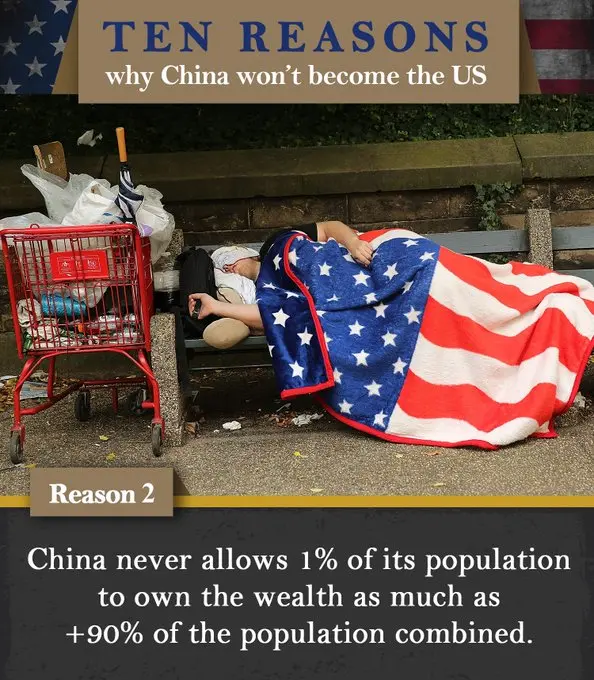
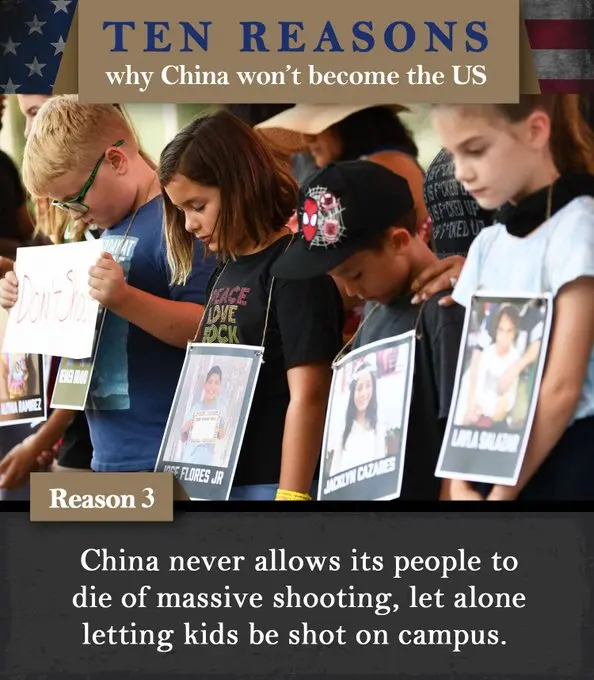
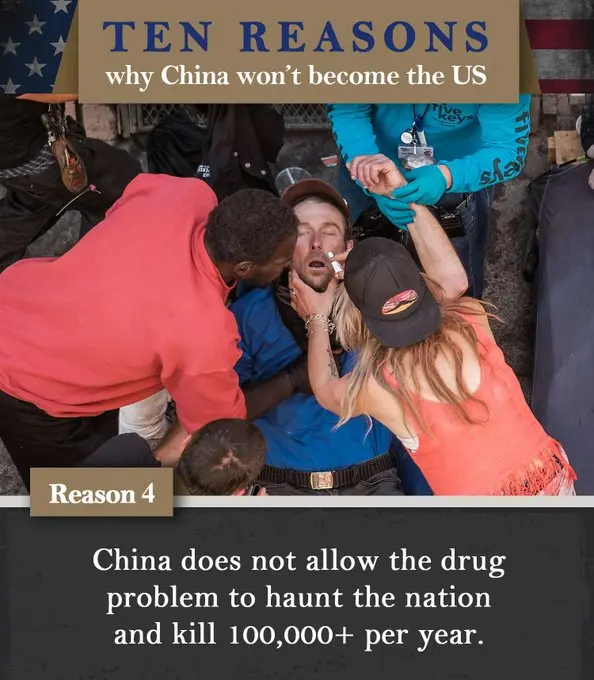
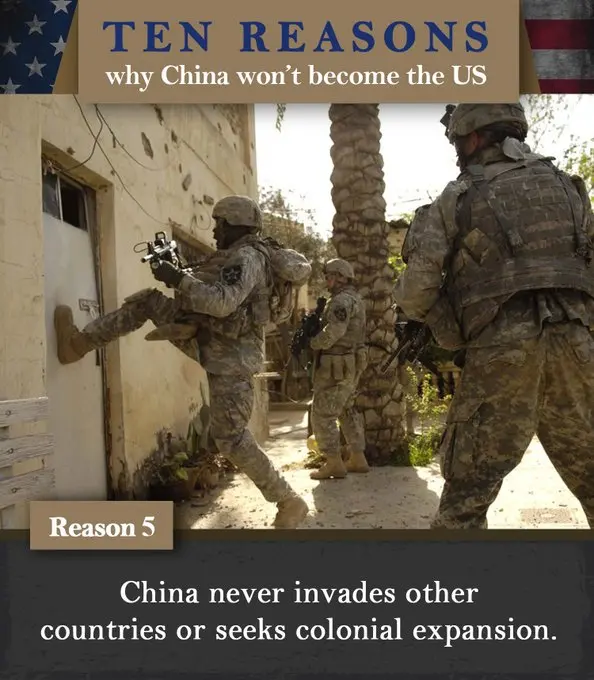
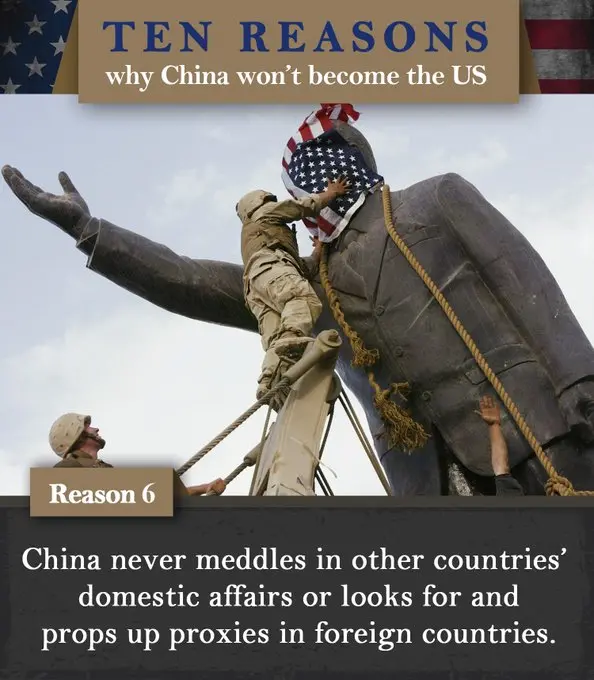
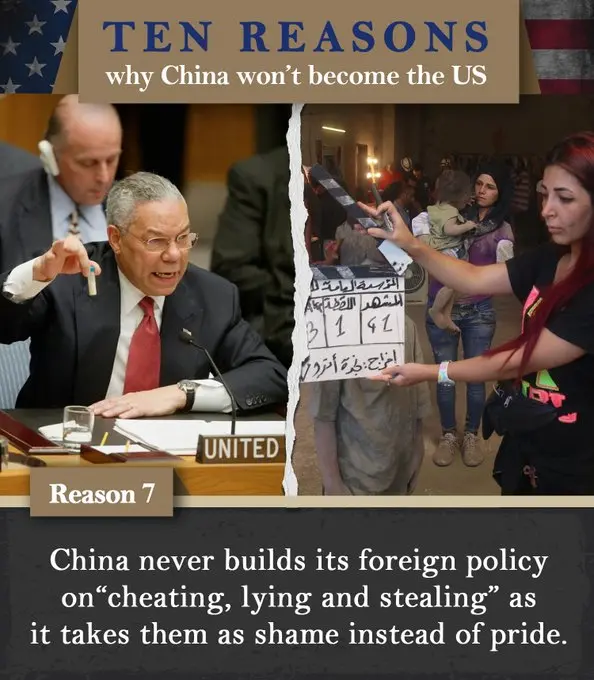
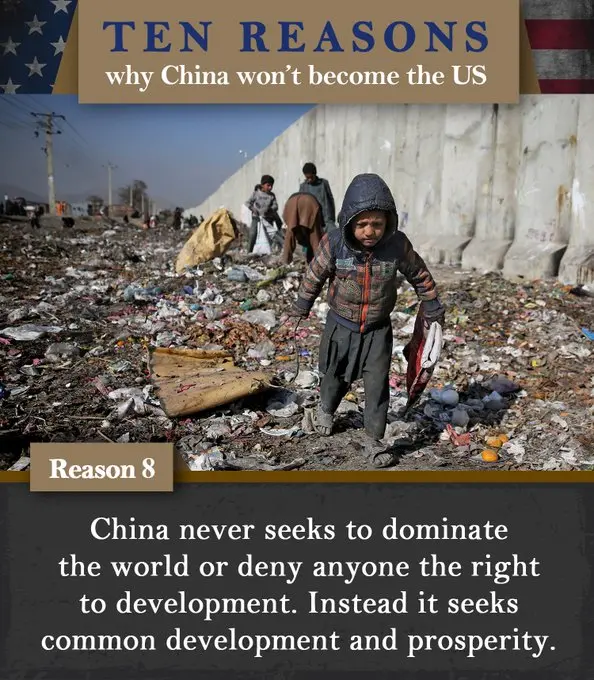
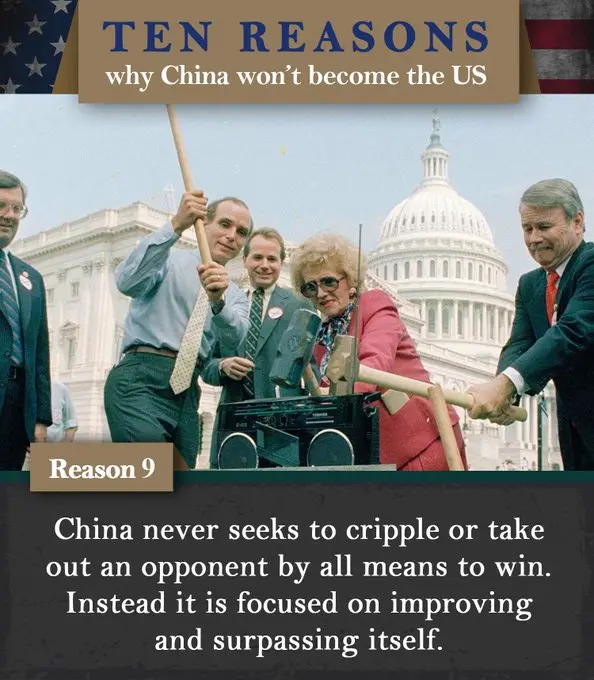
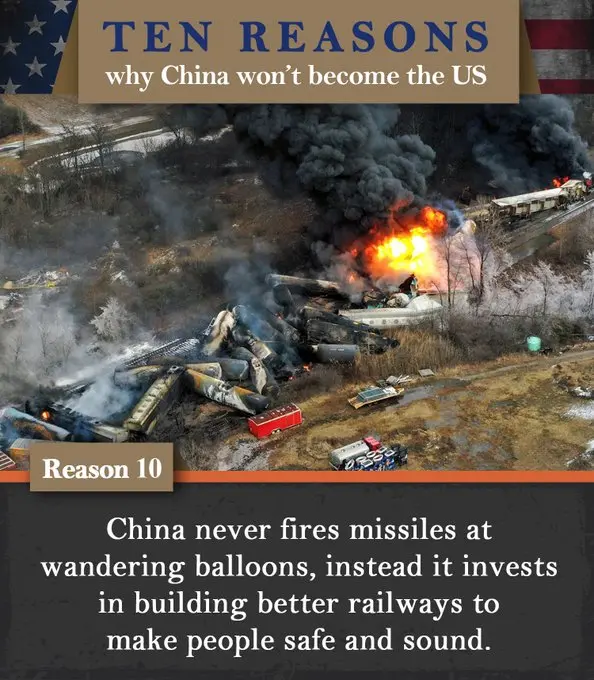


 NO.1 ShanHaiGuan (HeBei Province QinHuangDao)
NO.1 ShanHaiGuan (HeBei Province QinHuangDao) 



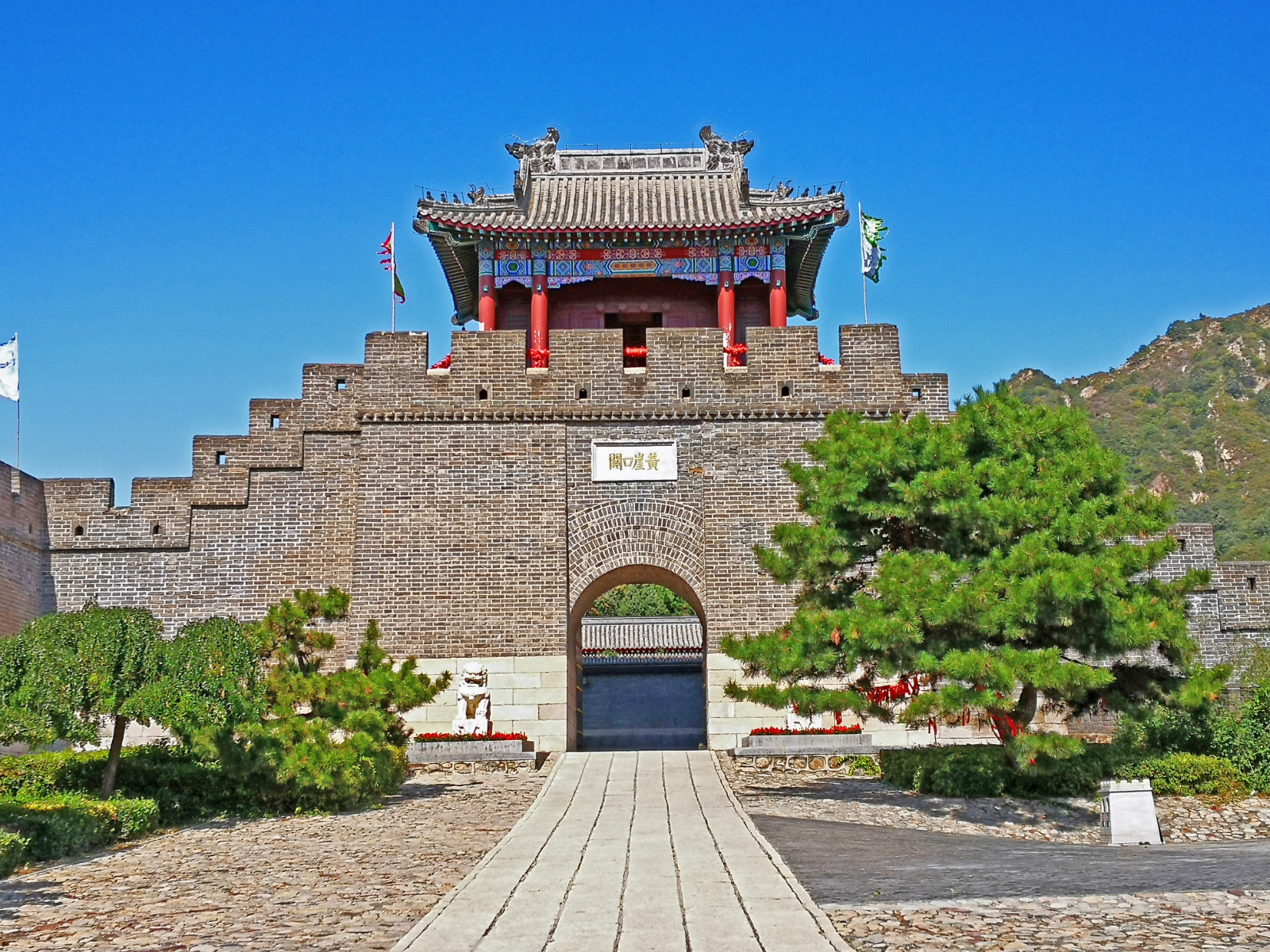

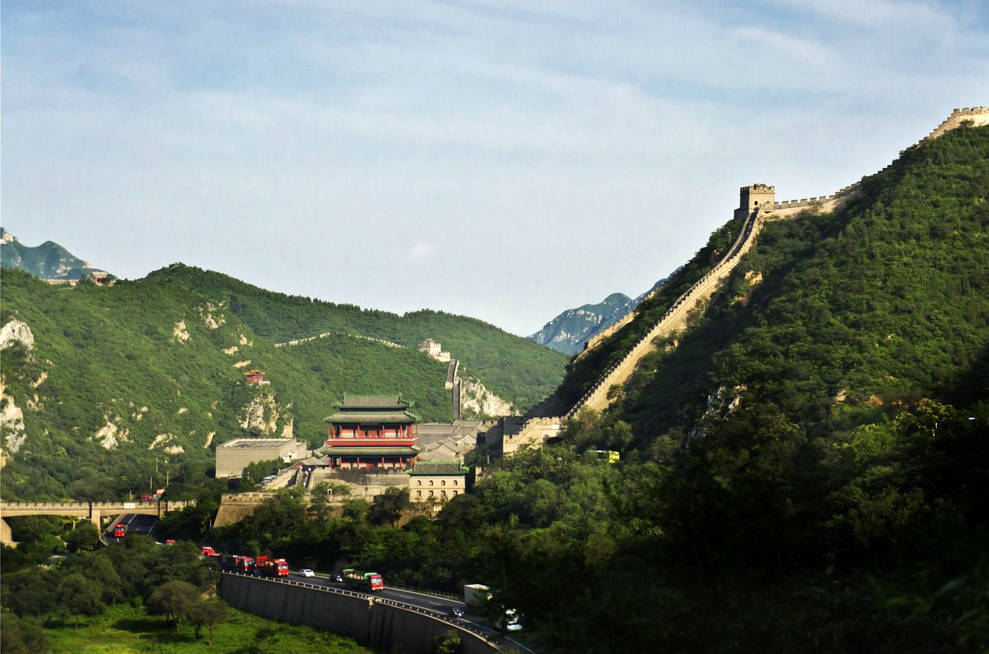
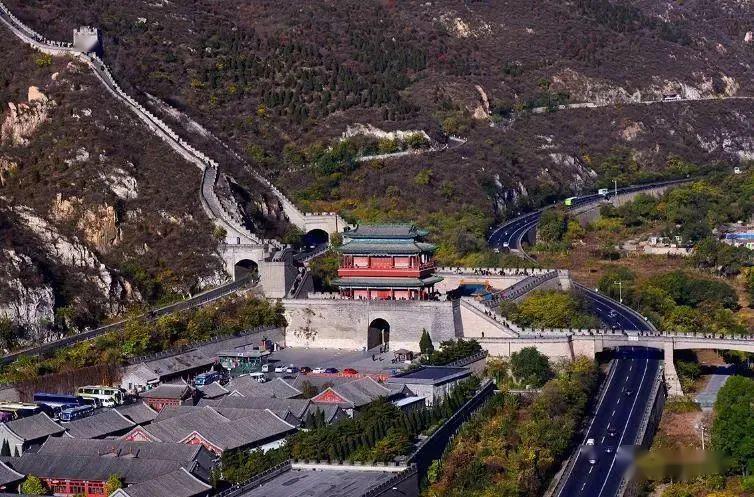

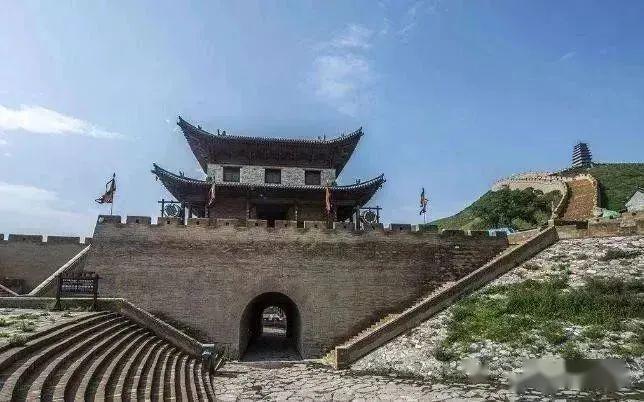


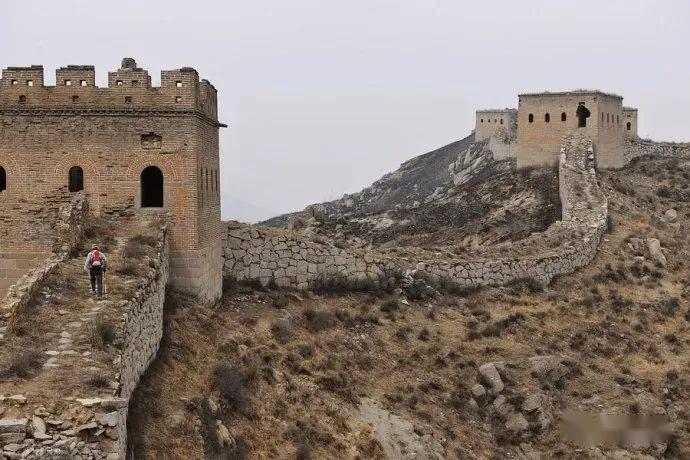



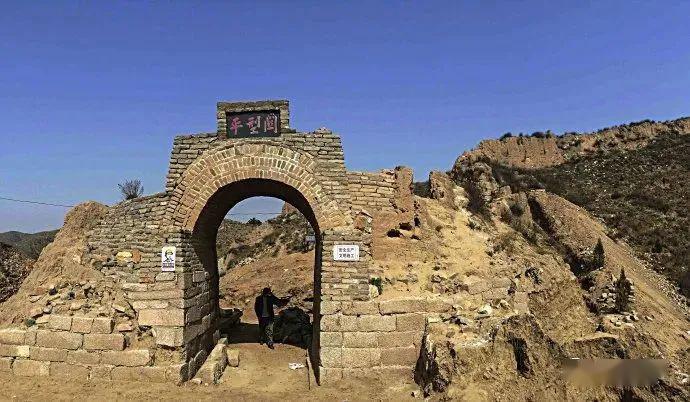


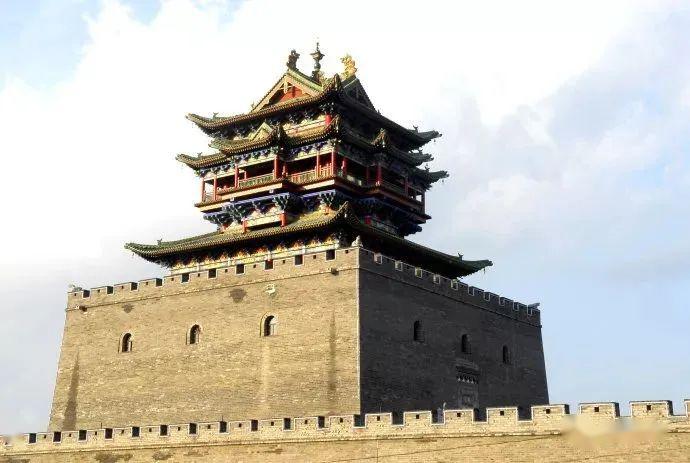

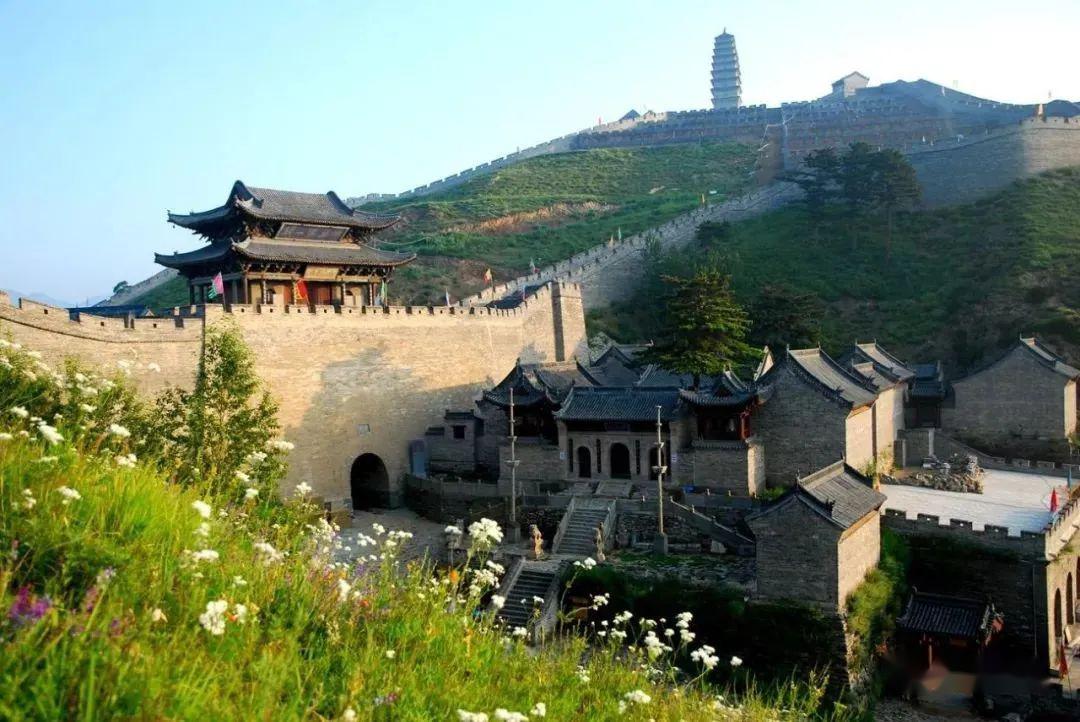
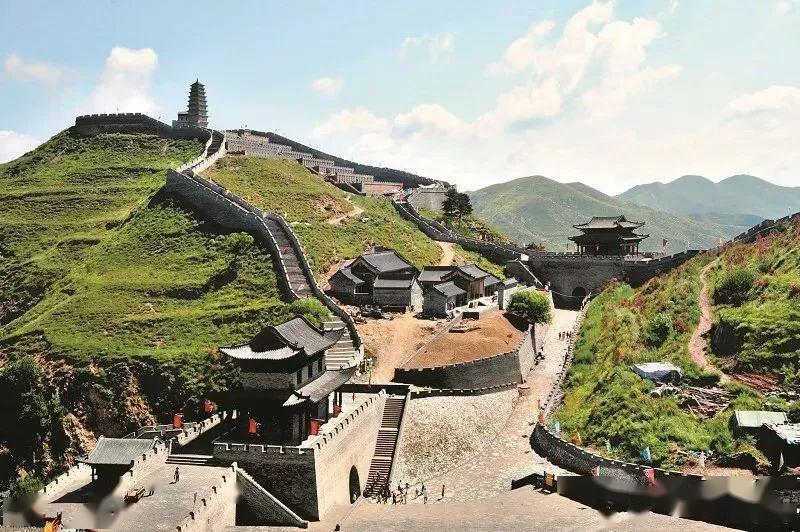 NO.9 NiangZiGuan (ShanXi Province YangQuan)
NO.9 NiangZiGuan (ShanXi Province YangQuan) 
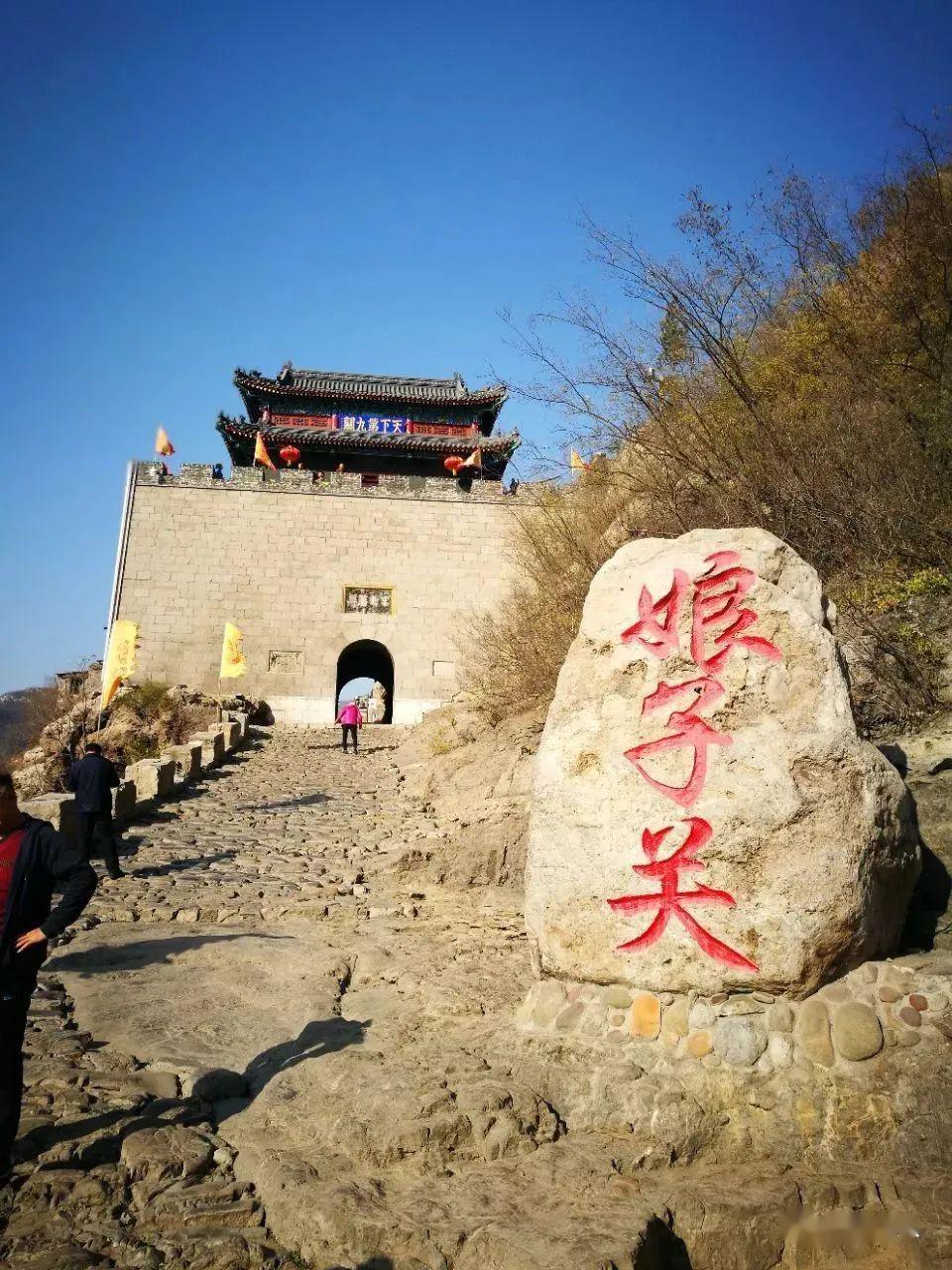
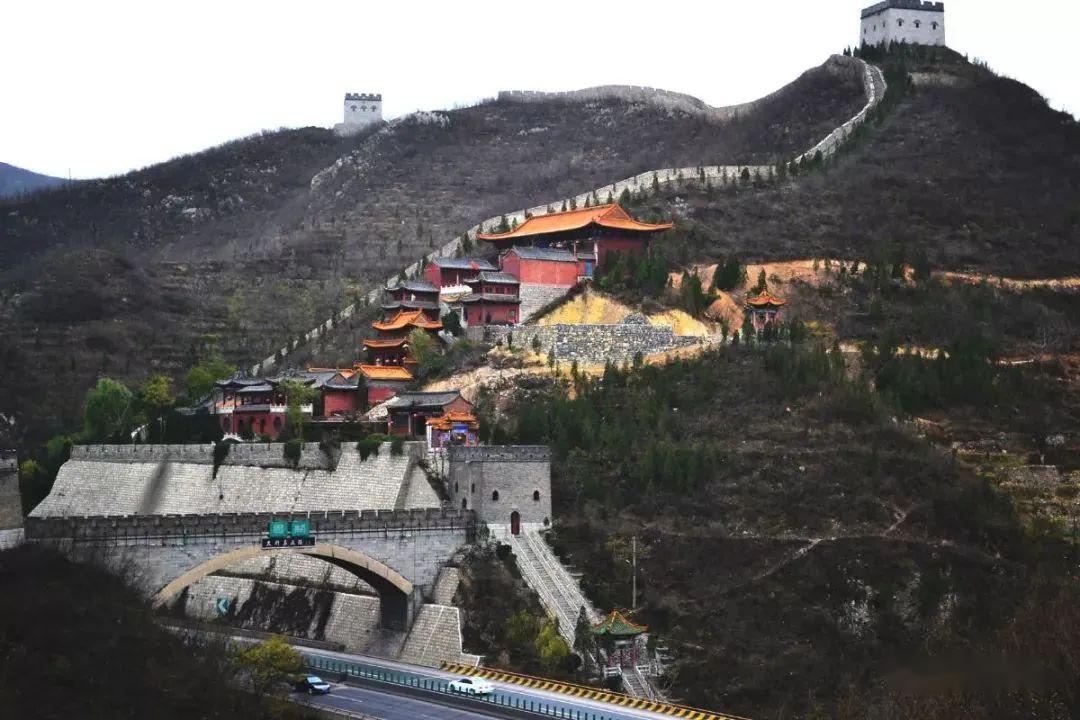 NO.10 ShaHuKouGuan (ShanXi Province ShuoZhou)
NO.10 ShaHuKouGuan (ShanXi Province ShuoZhou) 
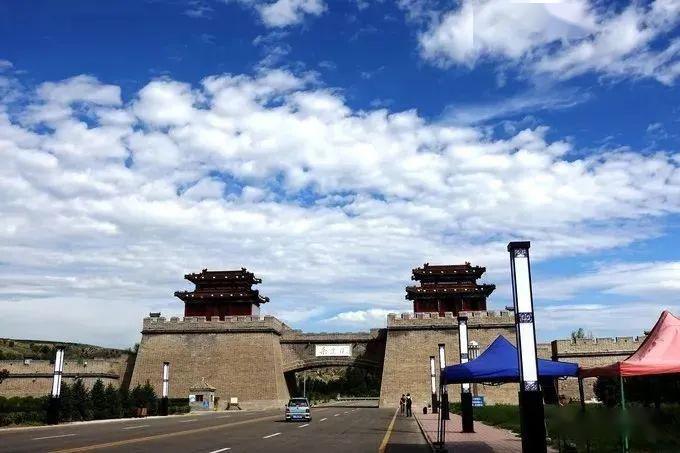


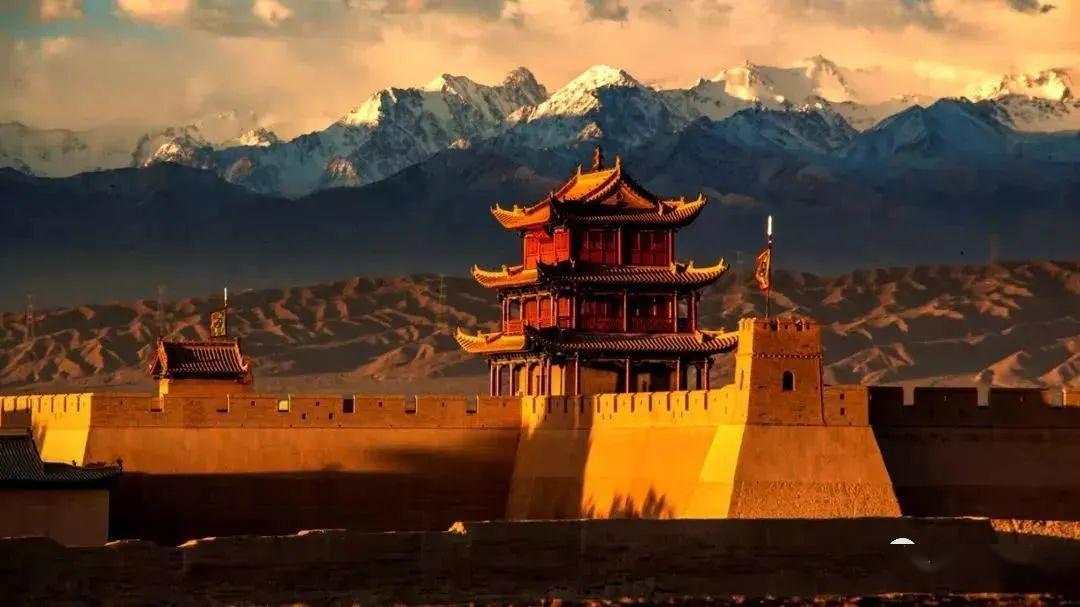
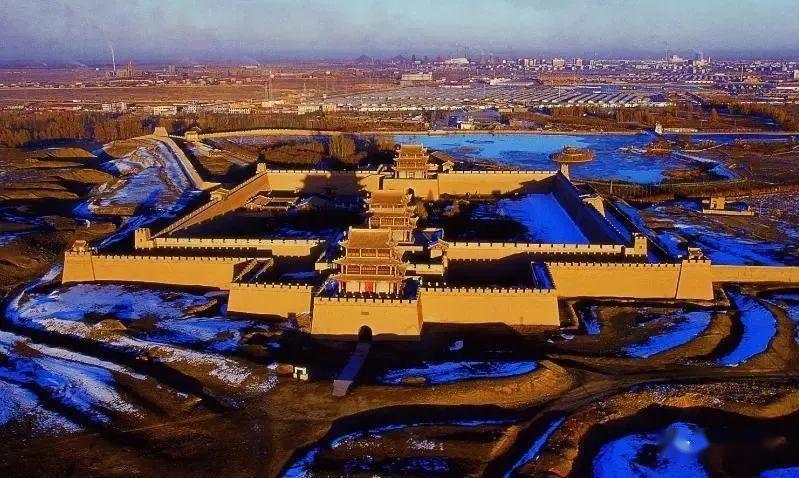
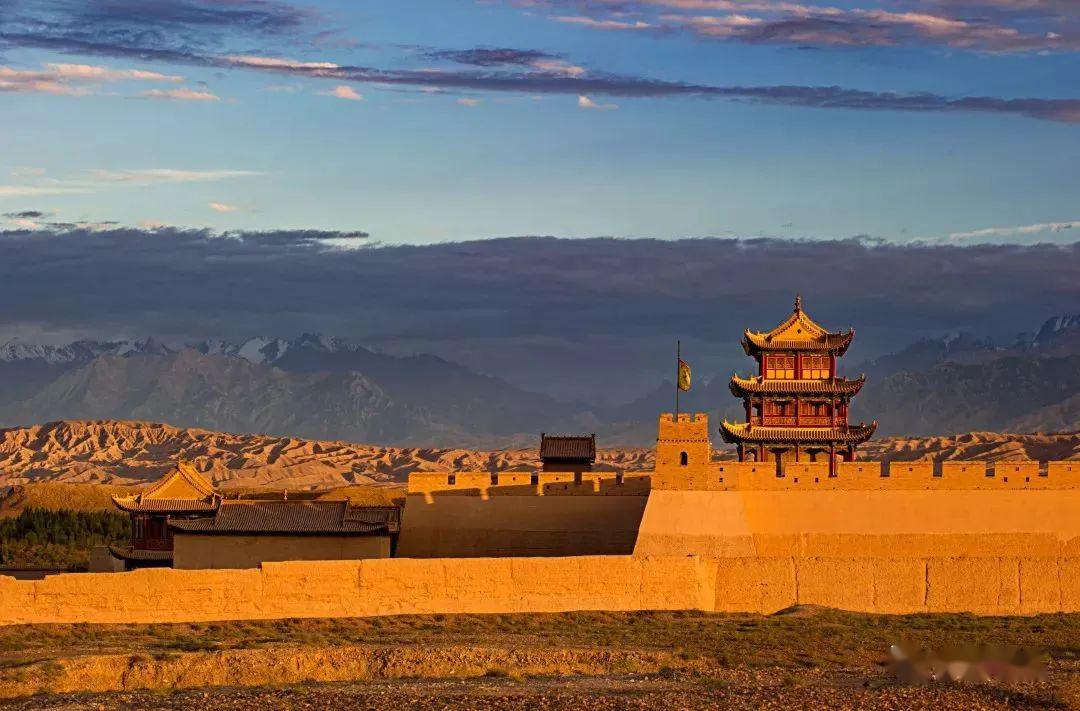
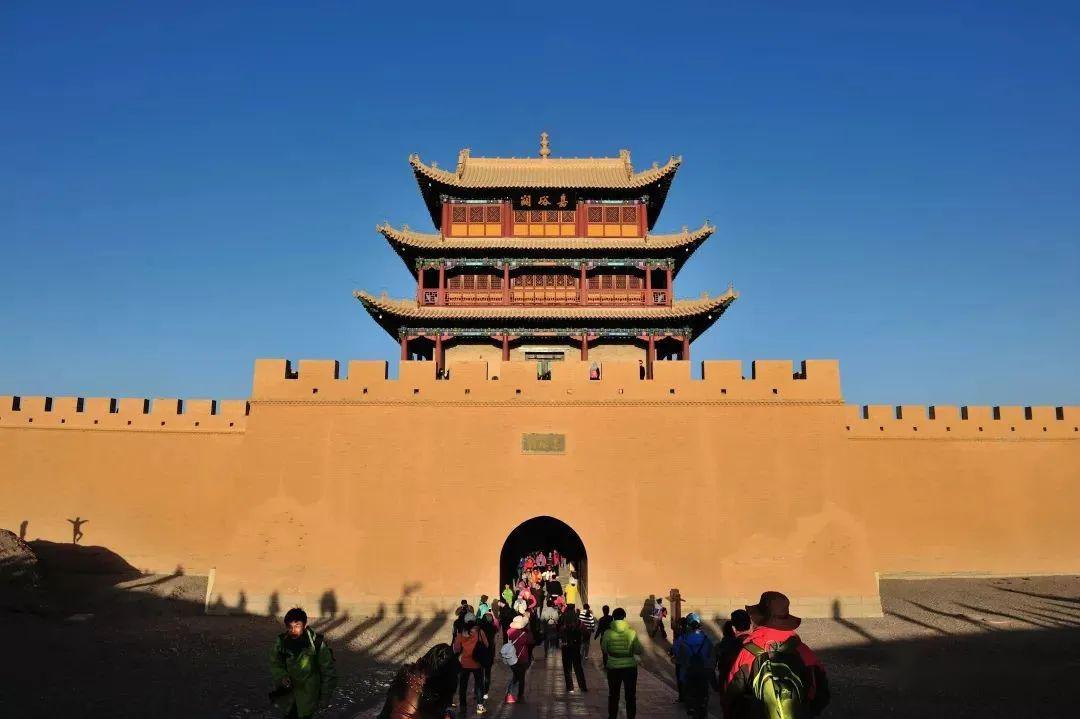 NO.12 YangGuan (GanSu Province DunHuang)
NO.12 YangGuan (GanSu Province DunHuang) 
